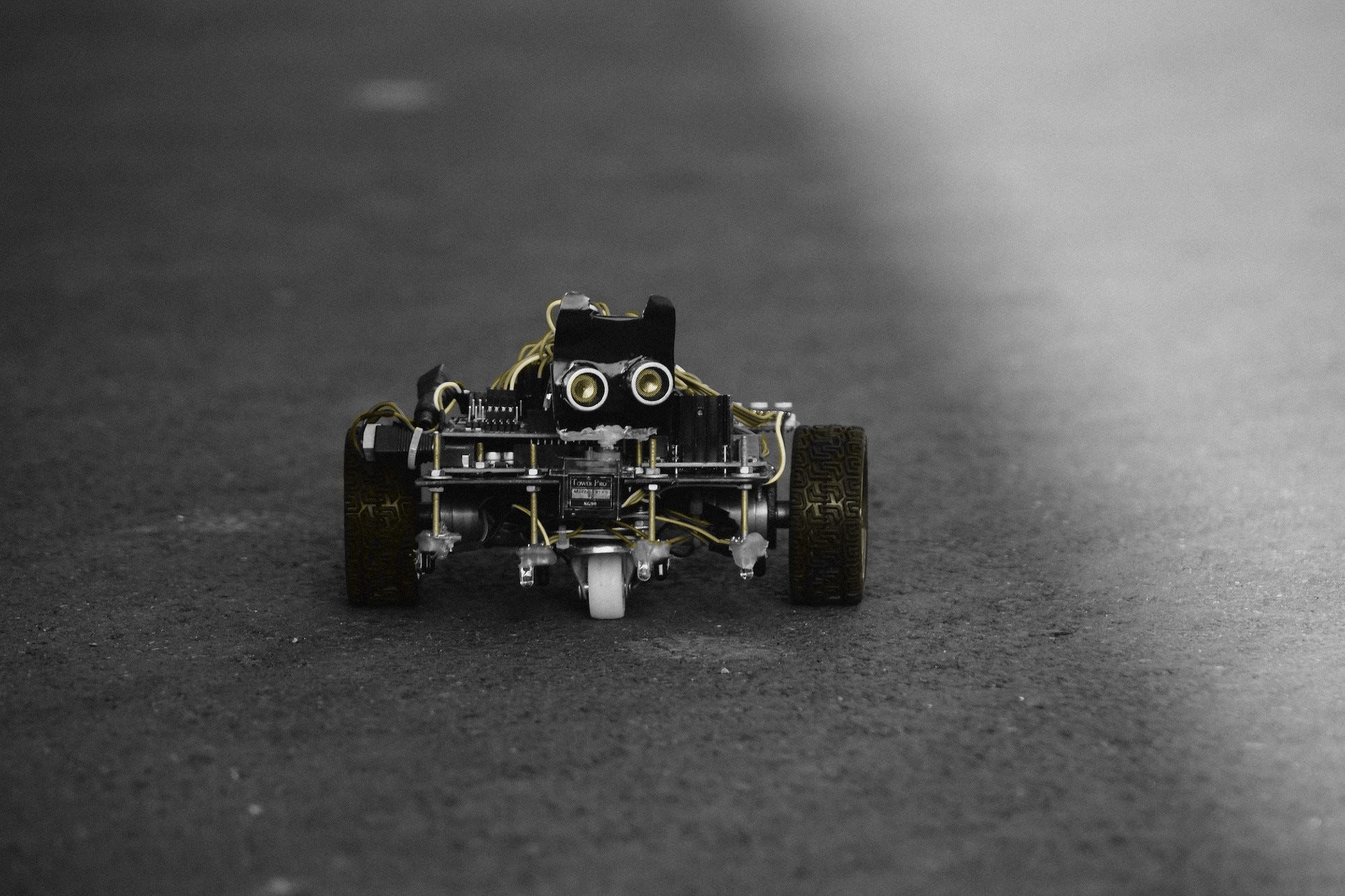In this tutorial, we’ll create a car that controlled using a USB camera and a Raspberry Pi. We’ll use a wood plank as the car body, which will hold all the car’s components. The components are:
After fixing the component using cable ties, we’ll connect the Raspberry Pito the motors using its general purpose input output (GPIO) pins. Similar to a traffic sign, the motors will run when the dominant color in the captured images is green and stop when it’s red.
Continue reading Building a Vision-Controlled Car Using Raspberry Pi—From Scratch









